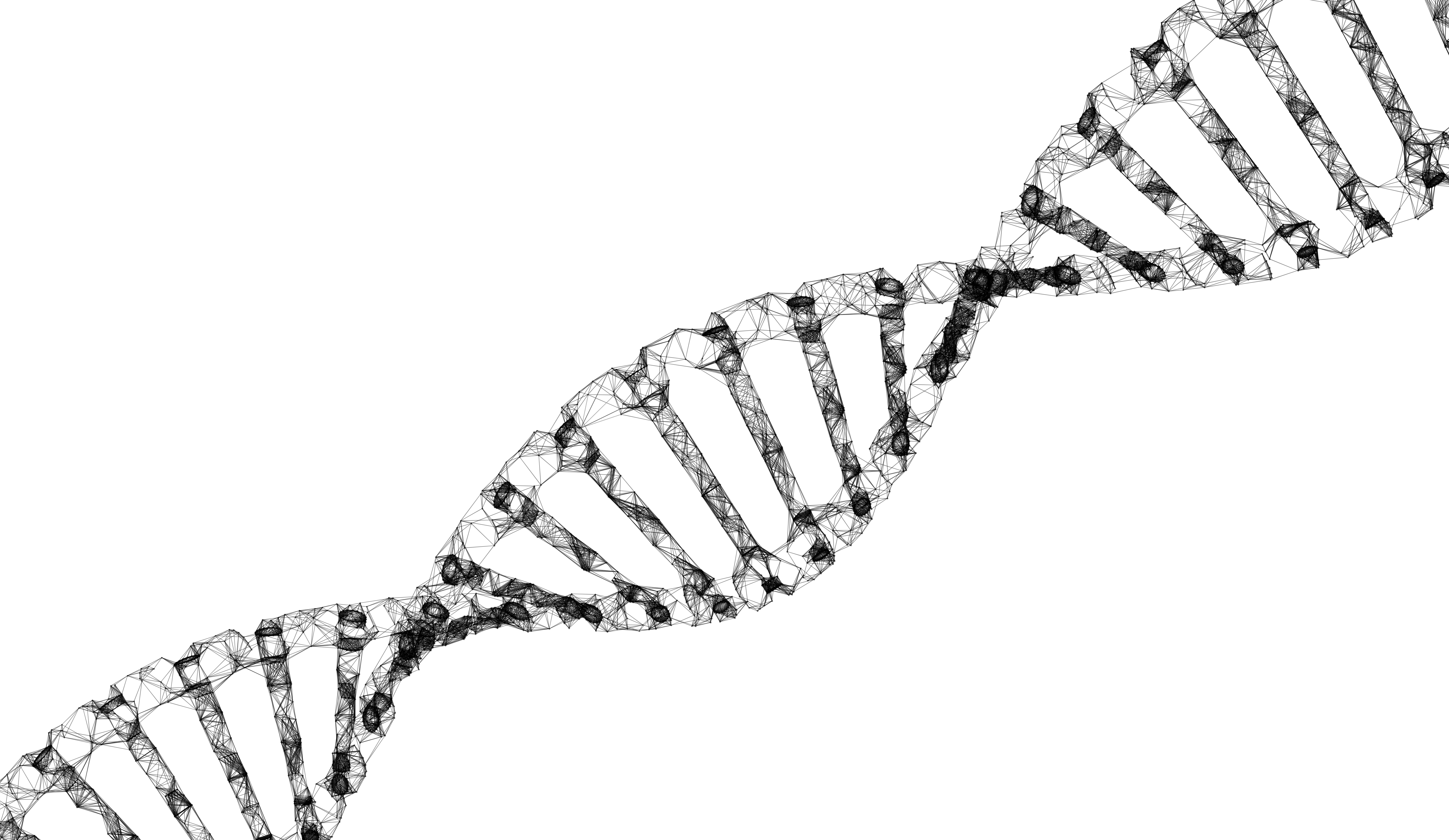10 Little-Known Secrets to Unlocking a Longer Life
3. The Impact of Mental Health on Longevity

Mental health is a critical, yet often overlooked, component of longevity. Chronic stress, depression, and anxiety can have profound effects on physical health, increasing the risk of heart disease, diabetes, and other chronic conditions. The mind-body connection is powerful, and maintaining mental well-being is essential for a long and healthy life. Practices such as mindfulness, meditation, and stress management techniques can help reduce the impact of stress and promote emotional resilience. Mindfulness and meditation have been shown to reduce stress, enhance emotional regulation, and improve overall well-being. These practices encourage individuals to focus on the present moment, fostering a sense of calm and clarity. By cultivating mindfulness, individuals can better manage stress and improve their mental health, which in turn supports physical health and longevity. Research has shown that individuals who regularly practice mindfulness and meditation have lower levels of stress hormones and improved immune function.
4. The Genetic Blueprint: Understanding the Role of DNA in Longevity

Genetics plays a significant role in determining lifespan, with studies suggesting that up to 25% of the variation in human lifespan can be attributed to genetic factors. Certain genes are associated with longevity, influencing processes such as cellular repair, metabolism, and resistance to stress. The study of centenarians, individuals who live to be 100 years or older, has provided valuable insights into the genetic factors that contribute to longevity. These individuals often possess genetic variations that promote health and resilience, allowing them to live longer, healthier lives. One of the key genetic factors associated with longevity is the presence of specific gene variants that enhance cellular repair and maintenance. For example, the FOXO3 gene, which is involved in stress resistance and cellular repair, has been linked to increased lifespan in various populations. Other genes, such as those involved in lipid metabolism and inflammation, also play a role in promoting longevity.
